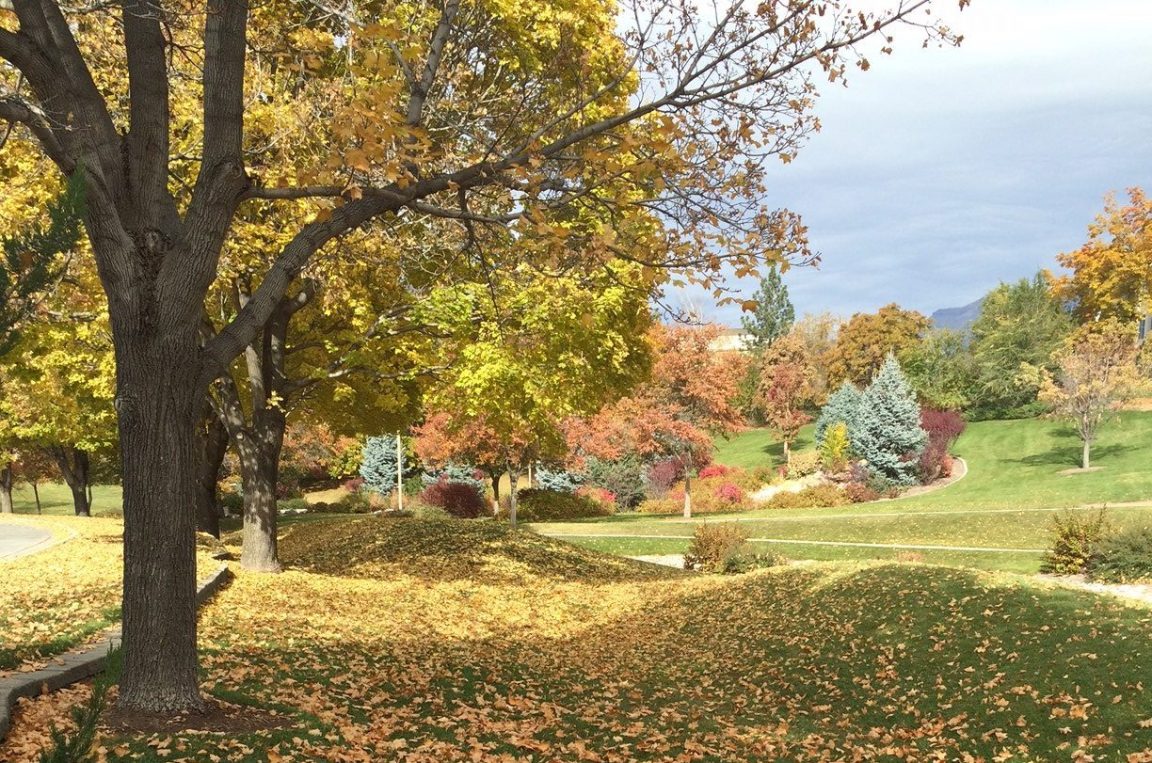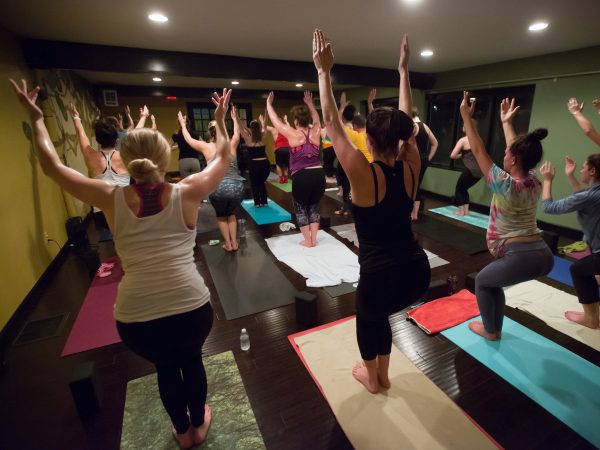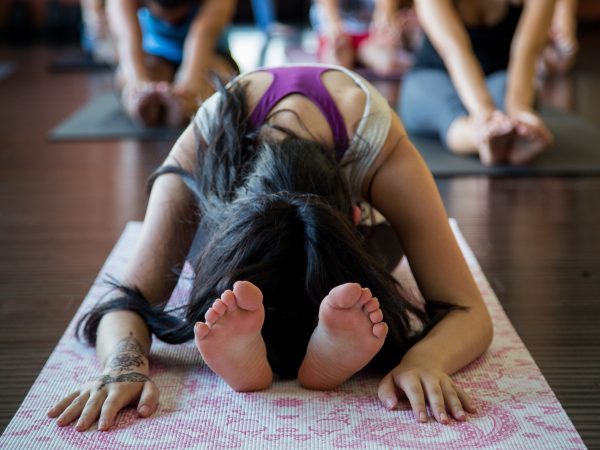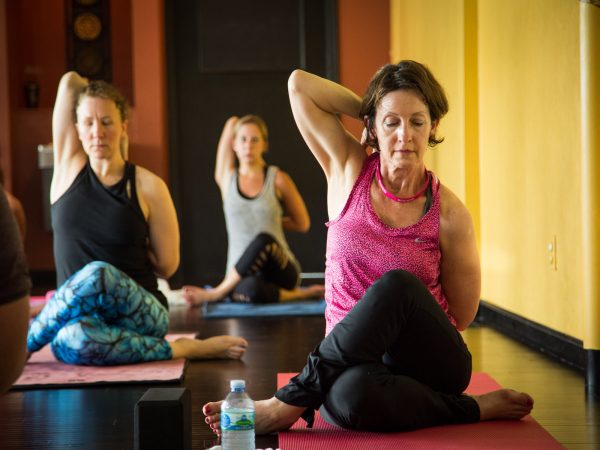Ayurveda: Say What?

I am known within my family for being the most forgetful person they all know. When I was growing up, my dad would go crazy whenever I skipped chores or didn’t do something specific that he asked me to do, all because I used the excuse that “I forgot.” It was true, but it didn’t make it any less frustrating. I just had different things that I wanted to do, so the things my dad had asked me were instantly put into the back of my mind where it is easy to lose them. My older sister, a grounded, determined, metaphorically slow-moving person, didn’t get me. I was quick, loved a good challenge, and was constantly moving; I was easily bored. It wasn’t until I began my yoga teacher training when I realized that these personality traits that I had, these things that have been a part of me since the earliest days, all related to Ayurveda.
This ancient Eastern medicinal practice is all about opposites. We keep ourselves healthy, Ayurveda states, by first understanding the imbalance within us and then using the opposite of that imbalance to bring us back to healthiness. I speak of this especially in reference to our doshas. If you’re asking what exactly this means, no worries: here’s a simple run-down.
Vata: This dosha explains me. This bodily constitution is all about air and ether; the vata person is spacey, flighty, and forgetful when imbalanced. They tend to have naturally dry and brittle skin; a small frame; are easily cold; and have clear, open minds. Vatas are constantly moving and seeking out new objects and activities for entertainment. They tend to not eat as much and can easily forget meals if something more interesting is going on.
Pitta: This bodily constitution is all about fire and water; the pitta person is motivated, active, and filled with leadership qualities. When imbalanced, they tend to be too “fire-y” and have a plethora of digestive issues. They tend to have oily skin, are warm to the touch, and have medium frames. Pittas are usually found working out or leading a group or being active within their jobs and communities. They try to do too much at once!
Kapha: This bodily constitution is earth and water; the kapha person is slow-moving, cloudy in the mind when imbalanced, and thoughtful. They tend to have larger frames, thick skin, and exercise does not come easily to them. Kaphas take their time making decisions, but when they do make them, they are incredibly loyal and unmoving. They love their food, and they stick to their routine and do not like spontaneity.
These descriptions are just the beginnings of each dosha; however, if one (or a combination) speaks directly to you, I encourage you to learn more. These doshas can at any time be imbalanced within our bodies; in order to balance yourself back out, here are a few examples: if you are constantly cold, warming yourself up through rubbing oil on your skin every morning and night will help insulate you better. If you have trouble exercising, maybe get up and do some fast-moving yoga. If you find yourself too spacey, slow down and meditate for several breaths to clear your head. And when you get deeper into the doshas and what they mean and how to balance them, more ways of keeping them balanced in your body will surface.
The most important thing, after learning about your bodily constitution, is to understand that in Ayurveda (as well as in life), opposites are vital for your well-being. Vatas need grounding, kapha-like activities to help them get out of all that air. Pittas need cool, clear, calming, vata-like activities to help them breathe and calm their fire. And kaphas need fire and movement and pitta-like activities to get them up and moving.
After researching my dosha, I am better able to balance my imbalanced body. Through this greater understanding of how my body reacts and responds to life, I am able to focus on grounding myself and getting out of my own head. Finding ways to properly balance out my system has given me a greater quality of life. In order to not forget things, I write down the important events and projects I need to be at and get done, and put them in a place easily seen—so that even when I forget, I can look back and remember. If I’m feeling especially flighty, I take time in the mornings to ground myself through slow-moving yoga practices.
What is your dosha? And what are some activities and rituals that you do to balance your dosha within you? Comment below and share your wisdom!
Use the link below to find out your dosha:
http://tridosha.com/self-test




